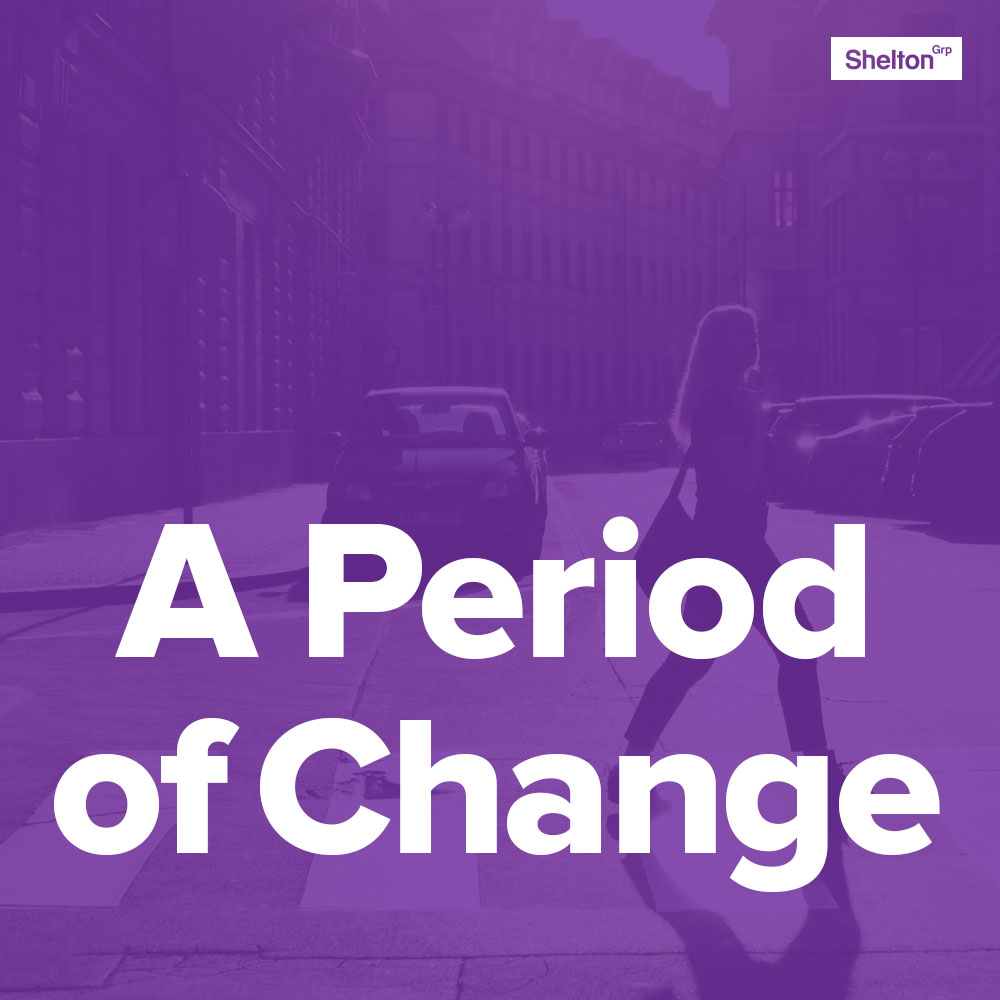Making Sustainability a Workplace Priority

Shelton Stat
50% of Americans say a company’s corporate social responsibility (sustainability and corporate citizenship) positively impacts their likelihood to purchase a product from that company (Eco Pulse 2018).

Sustainability Win of the Week
Similar to our own Pulse™ reports, each year WeSpire – a Boston-based technology firm that delivers impact-oriented employee engagement programs – releases its State of Employee Engagement report. Whereas Shelton Group polls consumers on sustainability and energy-related topics, WeSpire polls employees on workplace satisfaction and engagement in company programs. And this year (just as in previous years), measuring the impact of purpose-based programs figures prominently in their report.
Here are a few key takeaways:
- Nearly all employees care about their company’s positive impact in the world: “88% of employees of all ages prefer to work at a company that is making a positive impact.”
- Employees are much more likely to stick around longer and to recommend their employer to others if the company has a purpose: “employees are nearly 50% more likely to recommend their employer as a good place to work if they feel the mission or purpose of their company makes their work important.”
- In turn, such companies “are at a competitive advantage when it comes to attracting new talent.” Just look at Patagonia, a company that is completely rooted in purpose – and attracts the best talent because of it. As Rick Ridgeway (VP Environmental Initiatives and Special Projects, Patagonia) states in our most recent report, “Another thing we have always enjoyed is the fact that young people want to work for us. When we get a job opening, we’ll get 500 to 2,000 applicants sometimes, and we get to pick absolutely the very best. Recruitment and retention is a huge value upside of these kind of commitments.”
- Employees want sustainability programs, and they’re not getting what they want. Only 13% of companies represented in the survey had sustainability programs. However, “sustainability was the top engagement program employees would like to see offered” in the 77% of companies currently lacking such programs – and “the desire for sustainability is particularly pronounced for people under the age of 30.”
- In regard to prosocial incentives at work (i.e., benefits – educational opportunities, fitness/health credits, more travel time, etc.), 28% of under-30s and 17% of workers over 30 preferred “sustainability upgrades to my home or vehicle” as their top choice.
But perhaps the most crucial observation was this: “Given 85% of S&P 500 companies report out on sustainability, clearly employees do not feel included in their internal sustainability efforts.” We preach about this all the time: get your sustainability house in order then shout your story from the rooftops. That includes communicating – and engaging – your employees in the story. Based on our experience, you’ll be amazed at the energy, ideation and revenue you’ll drive by simply engaging your employees in the vision for sustainability you’ve already created.

News of the Week
Trader Joe’s phasing out single-use plastics nationwide following customer petition – EcoWatch
Consumers asked for it, and Trader Joe’s delivered. In response to a petition which garnered nearly 100 thousand signatures, Trader Joe’s is taking steps to phase out single-use plastics. Trader Joe’s is one of just a few companies to no longer carry plastic shopping bags – and now the store will work to eliminate another 1+ million pounds of plastic, namely by targeting packaging and switching to biodegradable and compostable options.
Levi’s new hemp clothing uses less water to grow and feels ‘just like cotton’ – Environmental Leader
What many consumers don’t know about denim is that it’s environmentally intensive to produce. The cotton cultivation and dyeing/finishing process for a single pair of blue jeans takes almost 3,000 gallons of water. Jeans manufacturers are looking to more sustainable options, including Levi-Strauss & Co., which recently launched a new line of 70/30 cotton-to-hemp blend blue jeans that will cut down on water use and carbon footprint while remaining “just like cotton” in look and feel.
We’re in business to save our home planet – Patagonia
Patagonia recently released its 2018 Environmental and Social Initiatives report – detailing accomplishments from last year. This gorgeous 116-page report is not your typical sustainability report. It is a teaching tool – for readers to learn about trends in plastic waste and microplastics, organic agriculture and ecology, energy and carbon, and various grassroots initiatives across the U.S. and the globe. Also worth checking out: this Patagonia YouTube video detailing the main points.
A Period of Change
Once upon a time, feminine hygiene was a topic simply not mentioned in polite society – and options were limited to an aisle of single-use products. Now, times are changing, and the options have grown. What once seemed like a segment of the consumer packaged goods industry impervious to change is now undergoing profound transformation. New, reusable choices are flooding the market – choices that are better for the environment and, in most cases, work better too. Fifty-nine percent of women have used or considered using them – what will that do to your business?


TAGS: Corporate Sustainability, Efficiency & Conservation, Energy & Renewables
SHARE THIS: